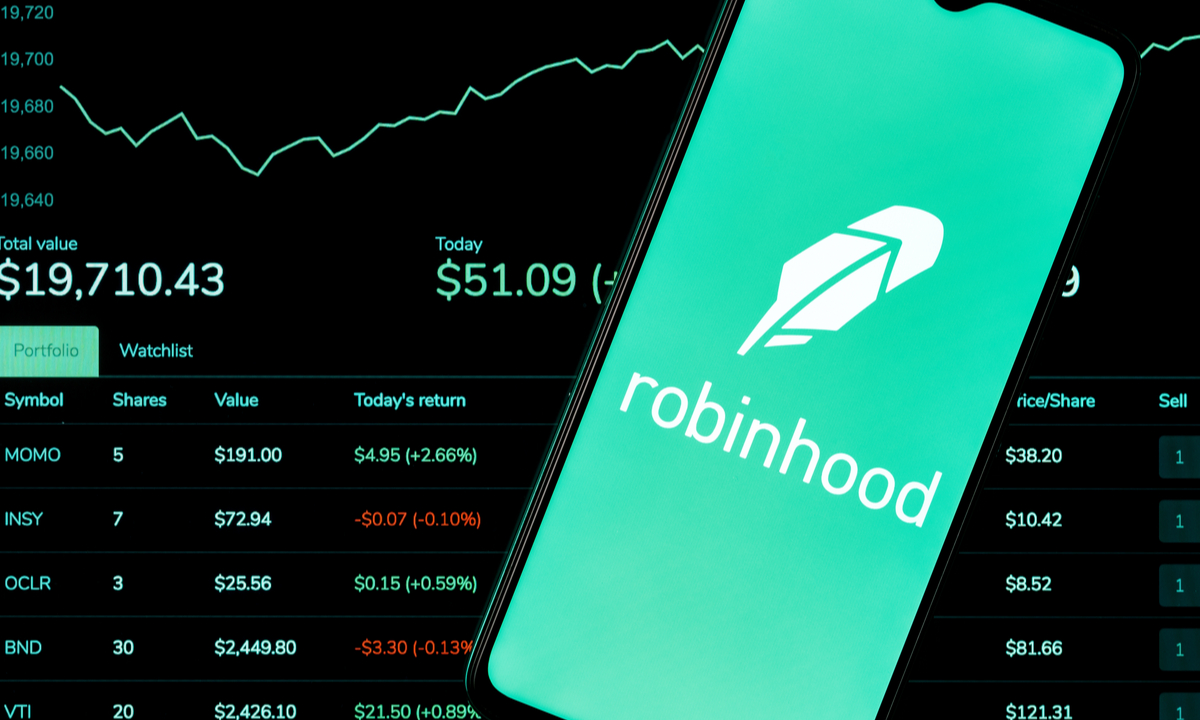Robinhood, the commission-free trading app that has democratized investing for millions, has surged in popularity in recent years. Its user-friendly interface, zero-commission trading model, and accessibility have attracted a diverse range of investors, from novices to seasoned traders. However, amidst its rapid growth and widespread adoption, questions about the platform’s safety and reliability have emerged. Let’s delve into the factors that investors should consider when assessing the safety of Robinhood.
Regulatory Compliance and Oversight
One of the primary concerns for investors is whether Robinhood operates within the bounds of regulatory compliance and oversight. As a brokerage firm, Robinhood is subject to regulations imposed by regulatory bodies such as the Securities and Exchange Commission (SEC) and the Financial Industry Regulatory Authority (FINRA). These regulations govern various aspects of brokerage operations, including investor protection, transparency, and financial stability. Investors should ensure that Robinhood adheres to these regulations and maintains robust compliance mechanisms to safeguard their interests.
Account Security and Protection
The security of investors’ accounts and personal information is paramount when evaluating the safety of any financial platform. Robinhood employs industry-standard security measures, including encryption protocols and multi-factor authentication, to protect user accounts from unauthorized access and cyber threats. Additionally, Robinhood is a member of the Securities Investor Protection Corporation (SIPC), which provides up to $500,000 in protection for securities and cash held in brokerage accounts in the event of a brokerage firm’s insolvency. However, it’s essential for investors to implement best practices for securing their accounts, such as using strong passwords and enabling security features like two-factor authentication.
Order Execution and Trade Reliability
Another aspect of safety that investors should consider is the reliability of order execution and trade processing on the Robinhood platform. While Robinhood prides itself on offering commission-free trades and real-time market data, there have been instances of technical glitches and outages that have impacted users’ ability to execute trades promptly. These incidents have raised concerns about the platform’s stability during periods of high trading volume or market volatility. Investors should assess Robinhood’s track record in terms of trade execution reliability and consider alternative platforms if they require a higher level of uptime and performance.
Transparency and Disclosure
Transparency and disclosure are essential components of investor protection and trust. Investors should evaluate Robinhood’s communication practices regarding fees, risks, and potential conflicts of interest. While Robinhood’s commission-free model may seem appealing on the surface, it’s crucial for investors to understand how the platform generates revenue, such as through payment for order flow (PFOF) or interest on uninvested cash balances. Additionally, investors should carefully review Robinhood’s terms of service and user agreements to ensure they understand the rights and obligations associated with using the platform.
Conclusion
In conclusion, the safety of investing on Robinhood depends on various factors, including regulatory compliance, account security, trade reliability, and transparency. While Robinhood has democratized access to financial markets and empowered millions of investors to participate in stock trading, it’s essential for investors to conduct their due diligence and assess the platform’s safety features and risks carefully. By staying informed, exercising caution, and diversifying their investment strategies, investors can navigate the landscape of commission-free trading platforms like Robinhood with confidence.



